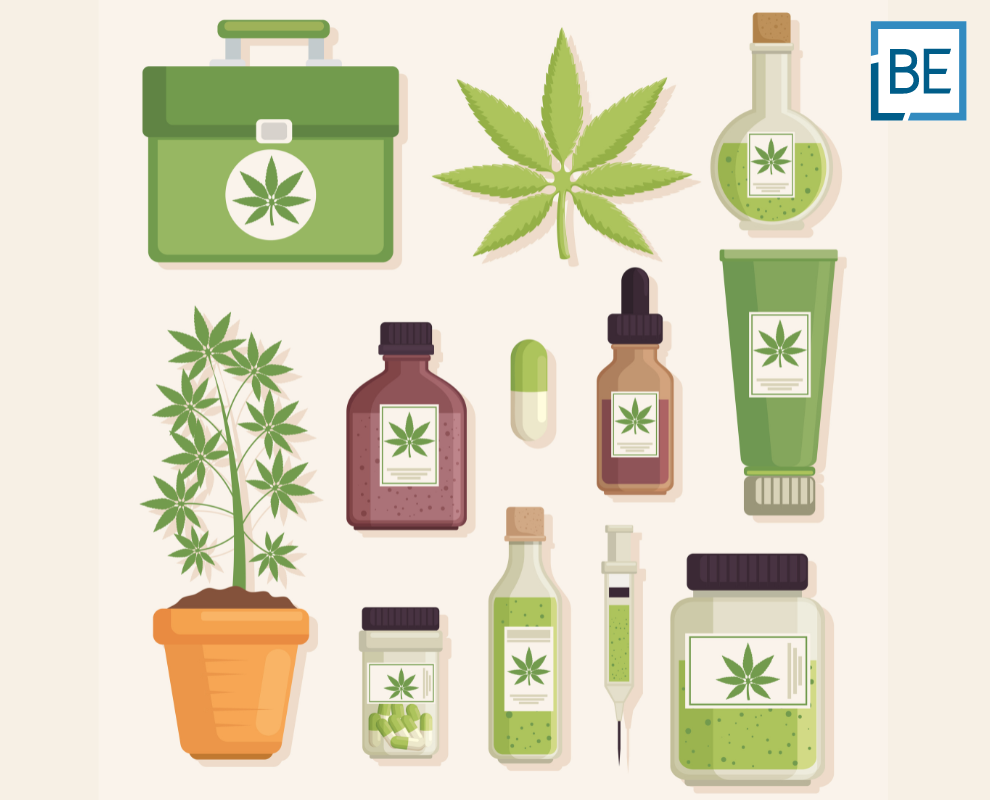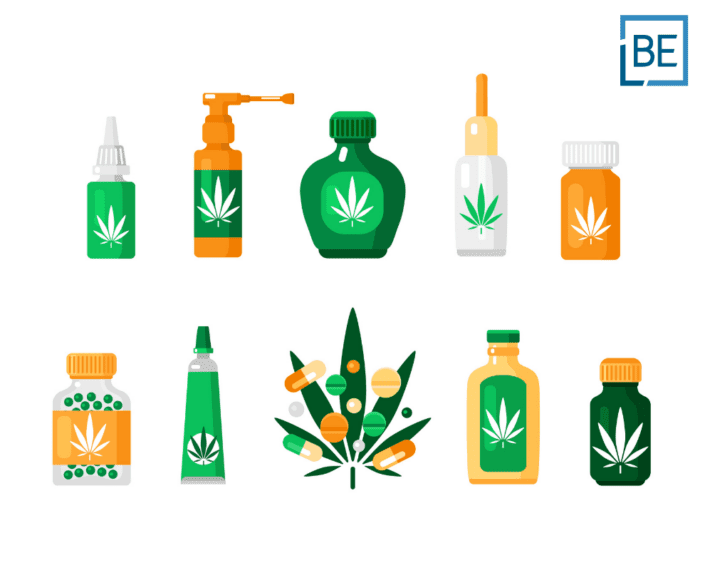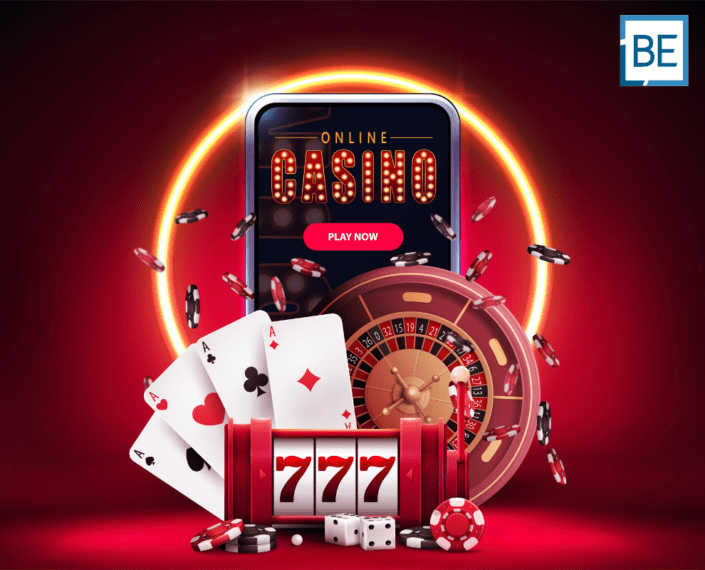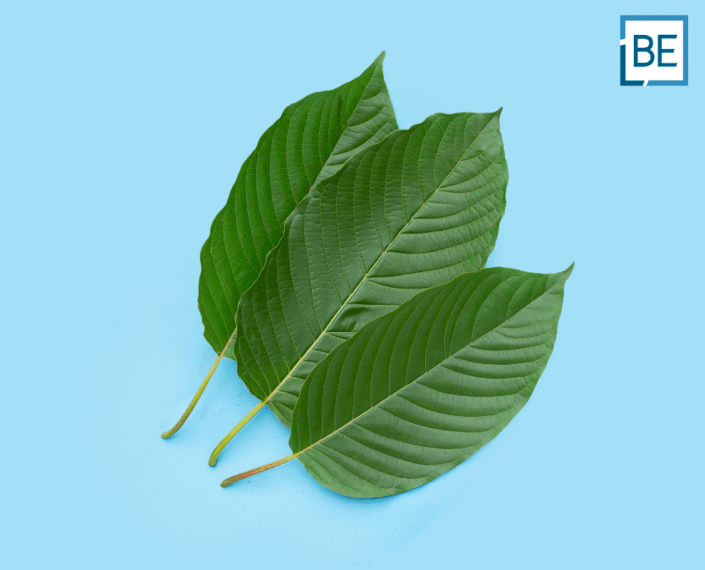Belaws Home ›› Thailand ›› Blog ›› New changes to the sale and use of cannabis in Thailand
Legal – cannabis news Thailand
New changes to the sale and use of cannabis in Thailand
24/11/2022
A new set of changes to the rules on the sale and use of cannabis in Thailand were announced on the 11th of November 2022. These changes have been introduced as a reaction to intense pressure from vested interests in recreational marijuana use.
In this article, we look at these new changes and how they affect cannabis in Thailand.
Key points
- The cannabis flower bud is now classified as a controlled herb
- The sale of cannabis through vending machines or online platforms has been banned.
- Smoking cannabis on business premises has been banned (unless the sale is by medical practitioners, traditional medicine practitioners, or certified rural medics).
- All forms of advertising cannabis for commercial purposes have been prohibited.
- Licensed businesses must also report to the government the amount of stock they hold and details of sourcing and use.
What are the new changes?
On the 11th of November, Thailand’s Ministry of Public Health announced a series of new amendments on how cannabis can be used and sold in Thailand. The Ministry of Public Health will use these amendments to tighten the controls on the use of cannabis for commercial purposes, research, study, and export.
These amendments will profoundly affect certain businesses that operate within the cannabis market. The following new rules have now been introduced:
The cannabis flower bud has been re-classified as a controlled substance
Under the new amendments, the cannabis flower bud has become a classified substance. However, only the cannabis flower bud is classified as a controlled herb, the new rules do not apply to the rest of the plant.
The Ministry of Public Health now also requires whoever wants to conduct research, study, export, sell or process it for commercial purposes to obtain an official permit and comply with the conditions.
Sale of cannabis in Thailand
The sale of the controlled herb (in any form) has been banned for the following groups:
- students,
- people under 20,
- pregnant women or breastfeeding mothers.
Additionally, the sale of cannabis products containing controlled substances through vending machines or for smoking on business premises has been banned. However, this does not apply to the sale of cannabis by medical practitioners, traditional medicine practitioners, or certified rural medics.
Finally, all forms of advertising of cannabis products for commercial purposes have been prohibited.
Smoking cannabis in public locations
As per the amendment, smoking cannabis at any business location has now been strictly forbidden. Therefore, cannabis can not be sold in any business to be consumed in that business e.g. cannabis coffee shops.
However, please note that this does not apply to medical usage. To qualify for this exemption, the vendor of the cannabis products must be a medical practitioner, certified rural medic, or traditional medical practitioner.
The amendments also forbid the sale of cannabis in the following locations:
- temples or other places of worship,
- public parks,
- hostels
- and amusement parks.
Please note that it is unclear if the ban also applies to hotels at the time of writing.
Reporting requirements
Licensed cannabis businesses must now comply with a new reporting requirement. Such businesses are now required to report to the government the following:
- the amount of stock they hold,
- details of sourcing and,
- the intended use of the stock.
How can Belaws help?
For more information about how to start your Cannabis related business in Thailand, talk to one of our experts now.
Please note that this article is for information purposes only and does not constitute legal advice.
Our consultations last for a period of up to 1 hour and are conducted by expert Lawyers who are fluent in English, French and Thai.
Consultations can be hosted via WhatsApp or Video Conferencing software for your convenience. A consultation with one of our legal experts is undoubtedly the best way to get all the information you need and answer any questions you may have about your new business or project.
USD 150
Up to 1 hour
Online payment (Paypal or Credit card)
Legal consultation can be conducted in English, French or Thai
Legal consultations are handled by experienced lawyers from the relevant fields of practice
Frequently asked questions about Cannabis in Thailand
Is cannabis legal in Thailand?
The production of products containing cannabis is possible for foreign owned entities. However, this is subject to various different licence requirements and obligations depending on the type of product. For example, food products require a licence for food manufacturing from the Food and Drug Administration (FDA).
Cultivation cannabis in thailand
There are no restrictions for the mass cultivation of cannabis as a business operation for Thai entities. Business owners are required to register cannabis cultivation with the FDA through the application “Plook Gan”. However, a foreign entity may be restricted from agricultural activities under the Thai Foreign Business Act.
Can I buy/sell cannabis to smoke with a THC level above 0.2%?
The current laws state that cannabis extracts with a THC level of above 0.2% are illegal. However, the definition of extract is still very unclear.
Generally speaking, cannabis extracts tend to be products made by mechanically extracting and refining parts of the cannabis plant. These extracts are then used to create products such as hash, oils and tinctures. Such extracts tend to contain much higher levels of THC etc than those found naturally in the plant.
Since only extracts with a THC level of >0.2% are considered illegal in Thailand, it seems as though natural leaves and flowers with a higher level of THC are not illegal and can be bought and sold via shops and dispensaries in Thailand.
It is important to note that it is possible to smoke cannabis recreationally in Thailand but only on private property. Smoking publicly is considered a public nuisance. Furthermore, private property does include restaurants and cafes, but they must have a designated place for smoking.
Setting Up a Cannabis Business in Thailand
Both, foreign owned companies and majority foreign owned companies incorporated in Thailand are prohibited from producing, selling, importing, exporting and possessing cannabis.
Distribution of cannabis is only available to companies established under Thai law that have Thai nationals who:
- own at least two-thirds of the company capital and;
- hold at least two-thirds of the director positions.
However, if you satisfy the above criteria and have both ⅔ of the ownership and positions on the board held by Thai nationals, it is indeed possible for your company to produce and sell cannabis and associated products (such as tinctures with less than 0.2% THC).
How to obtain a Cannabis licence in Thailand?
Eligible applicants for a licences relating to cannabis in Thailand include Thai citizens, companies registered under Thai law (with at least two-thirds of directors, partners, or shareholders being Thai nationals), and community enterprises governed under the Community Enterprise Act B.E. 2548 (2005).
For a company, the representative whose name appears on the application (and license, if successful), must be a Thai national who is at least 20 years old, they must also have a domicile or office in Thailand, and must fulfil the basic requirements of legal capacity (i.e., competency) and financial solvency. The representative also cannot be the holder of a licence that is currently suspended or has been revoked under Thailand’s laws on narcotics or psychotropic substances. Finally, they cannot have received a criminal sentence for any violation of these laws.
Can i smoke cannabis in Thailand ?
As per the amendment, smoking cannabis at any business location has now been strictly forbidden. Therefore, cannabis can not be sold in any business to be consumed in that business e.g. cannabis coffee shops.
However, please note that this does not apply to medical usage. To qualify for this exemption, the vendor of the cannabis products must be a medical practitioner, certified rural medic, or traditional medical practitioner.
The amendments also forbid the sale of cannabis in the following locations:
- temples or other places of worship,
- public parks,
- hostels
- and amusement parks.
Please note that it is unclear if the ban also applies to hotels at the time of writing.
Related articles
Subscribe today
Subscribe today
To our newsletter for all the latest legal news
in South East Asia, Belaws updates and
special promotions on our services.
To our newsletter today for all the latest legal news in South East Asia,
Belaws updates and special promotions on our services.







